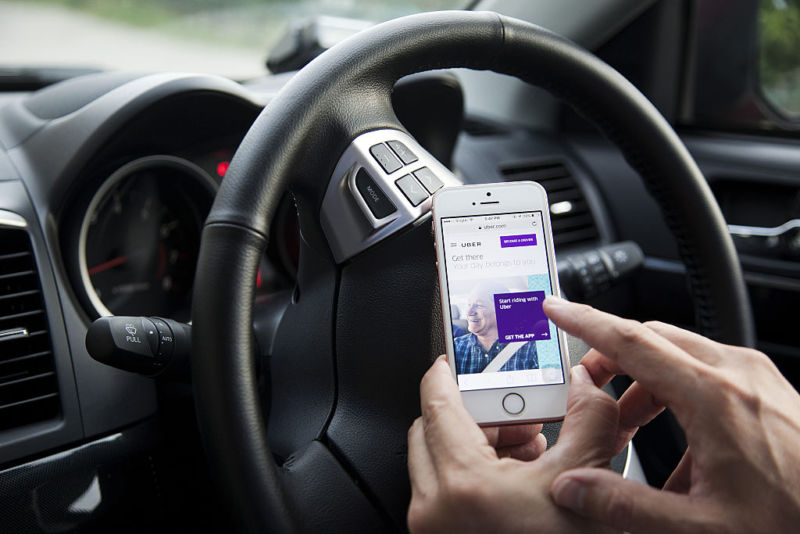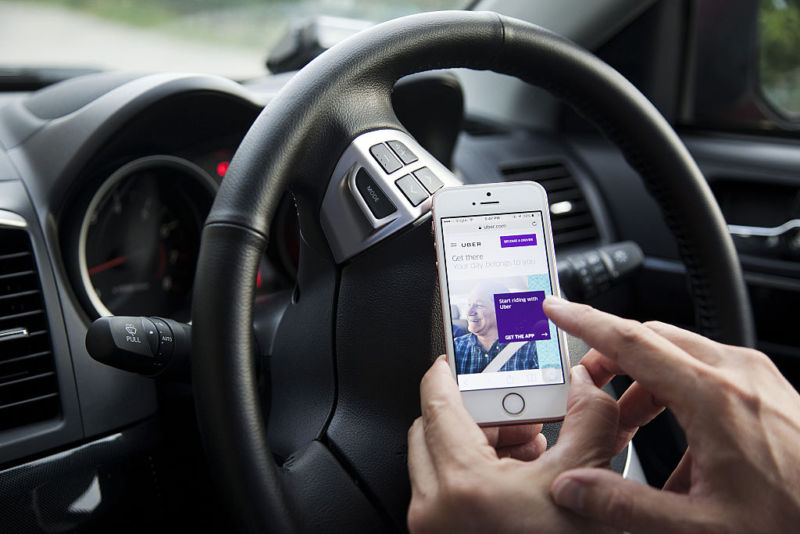
Enlarge (credit: Ore Huiying/Bloomberg via Getty Images)
Unemployment in the US remains stubbornly high at 6.3 percent. Job growth has stalled, with 9.6 million fewer jobs in January than the same month a year earlier. But gig companies say they’re having trouble finding people to drive, pick up, and deliver for them.
“I’m worried about one thing going into the second half of the year: Are we going to have enough drivers to meet the demand that we’re going to have?” Uber CEO Dara Khosrowshahi told an analyst last month. DoorDash chief financial officer Prabir Adarkar called the situation “a tale of two cities,” with hordes of new customers racing to order takeoutbut fewer drivers offering to deliver it. DoorDash orders more than tripled in the last part of 2020, compared with the same period a year earlier.
The looming driver shortage confounds executives’ predictions. “With record unemployment, we expect driver supply to outstrip rider demand” for the “foreseeable future,” Lyft CEO Logan Green said in May. For a time early in the pandemic, Lyft blocked new drivers from signing up. It was understandable, because today’s tech gig companies were born during the Great Recession. They benefited from a deep pool of workers newly outfitted with smartphones and suddenly in need of supplemental income.





